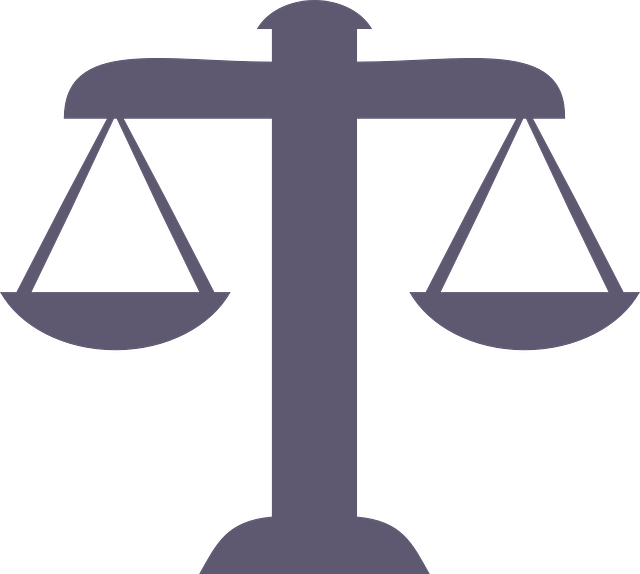Mail wire fraud, a prevalent digital age crime, exploits trust in electronic communication to steal money or sensitive information. Scammers impersonate organizations, create fake websites (phishing), and use social engineering to trick victims into immediate payments. With remote work and online transactions on the rise, data breaches and identity theft are also being exploited. Businesses must implement multi-layered strategies including rigorous employee screening, cybersecurity training, encryption, and real-time transaction monitoring to combat mail wire fraud, avoiding legal consequences like negligence and breach of fiduciary duty under Common Employment Law Violations in 2023.
Mail wire fraud, a sophisticated form of cybercrime, has become increasingly prevalent in today’s digital age. This article delves into the intricate world of online scams, focusing on mail wire fraud: its definition, impact, and prevention. We explore common tactics employed by scammers targeting businesses, emphasizing the importance of awareness. Additionally, we discuss legal implications and preventive measures for organizations to safeguard their operations from this growing threat, alongside understanding evolving employment law violations in 2023.
- Understanding Mail Wire Fraud: Definition and Impact
- Common Schemes and Tactics Used by Scammers
- Preventive Measures and Legal Implications for Businesses
Understanding Mail Wire Fraud: Definition and Impact

Mail wire fraud is a sophisticated crime that has become increasingly prevalent in today’s digital age. It involves the deceptive use of electronic communication to manipulate individuals or entities into transferring money or sensitive information, often under false pretenses. This fraudulent scheme exploits trust and leverages the speed and accessibility of modern payment systems.
The impact of mail wire fraud is significant, affecting both individuals and businesses alike. Victims can sustain substantial financial losses due to stolen funds, while businesses face reputational damage and potential legal consequences. Understanding this type of fraud is crucial in combating common employment law violations in 2023, as it often involves intricate white-collar defense strategies. In addressing these crimes, it’s essential for respective businesses to implement robust security measures and stay vigilant against sophisticated white-collar and economic crimes.
Common Schemes and Tactics Used by Scammers

Scammers employ a variety of tactics to dupe individuals and businesses into falling for their mail wire fraud schemes. One common method involves impersonating legitimate organizations, such as banks or government agencies, using official-looking correspondence. They may send emails or letters demanding immediate payment due to a supposed outstanding balance or tax liability, threatening severe consequences if not paid promptly. Another popular scheme is the “phishing” attempt, where scammers create fake websites that mimic real ones, tricking victims into entering their sensitive financial information.
Additionally, these fraudsters often use social engineering techniques, convincing victims through compelling narratives or creating a sense of urgency to prompt immediate action. They may claim to have won a lawsuit and require payment for legal fees, or they might pose as debt collection agencies with demanding notices. With the rise of remote work and online transactions, common employment law violations in 2023, such as data breaches and identity theft, are also being exploited in these fraudulent activities. Even high-stakes cases and challenging defense verdicts in general criminal defense can be linked to these evolving scams, highlighting the need for heightened vigilance and robust security measures.
Preventive Measures and Legal Implications for Businesses

To mitigate mail wire fraud, businesses must implement robust preventive measures at every stage of their operations. This includes rigorous employee screening during the hiring process to identify potential risks, especially among individuals with prior convictions or a history of financial misconduct. Ongoing training and education on cybersecurity practices and fraud awareness are essential to keep staff alert and prepared to spot suspicious activities. Furthermore, businesses should adopt advanced technological solutions like secure data encryption, multi-factor authentication, and real-time transaction monitoring to safeguard their systems from unauthorized access and fraudulent transactions.
The legal implications of mail wire fraud for businesses can be severe. Common Employment Law Violations in 2023 may include negligence in oversight, failure to report suspicious activities, and breach of fiduciary duty. Corporate and individual clients alike can face hefty fines, lawsuits, and reputational damage if found guilty. The involvement of philanthropic and political communities in anti-fraud initiatives further underscores the critical nature of these measures, as they aim to protect not just businesses but also the broader public from financial losses and unethical practices.
Mail wire fraud remains a persistent threat, with scammers employing sophisticated tactics to exploit individuals and businesses alike. By understanding the common schemes and implementing robust preventive measures, organizations can mitigate risks and protect themselves from potential legal implications. Staying vigilant and adopting proactive strategies is key to navigating the ever-evolving landscape of online security in 2023, especially considering the ongoing challenges posed by emerging technologies and global digital trends. Additionally, businesses should stay informed about evolving employment law violations to ensure compliance and foster a safe work environment.






